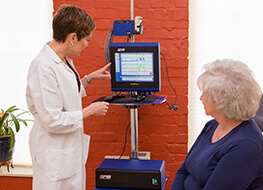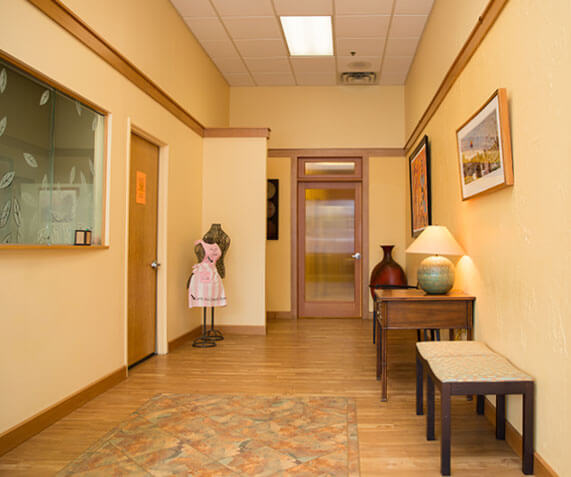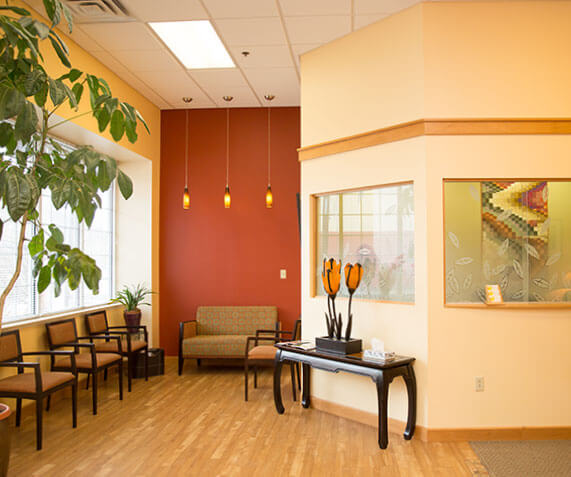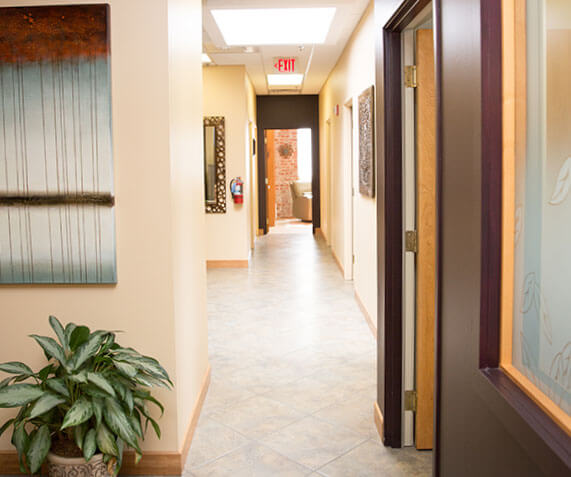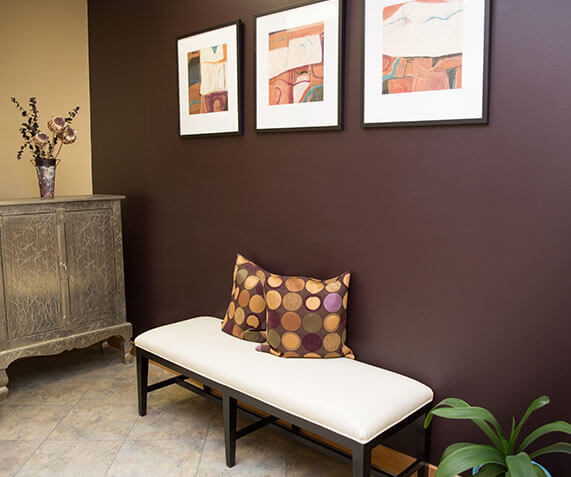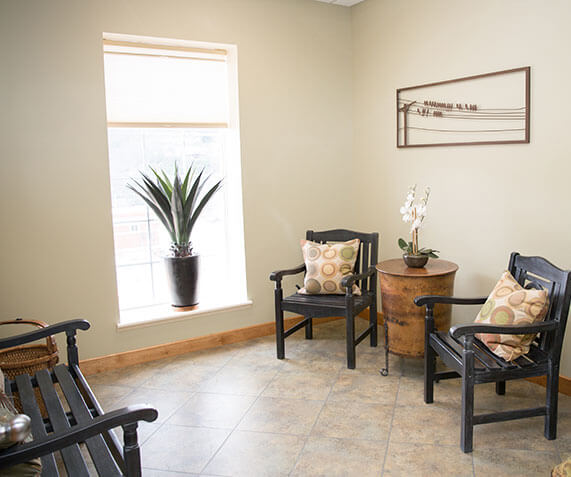Urogynecology Services
Urinary incontinence and pelvic prolapse is a sometimes embarrassing condition that women don’t often discuss with each other or their primary care provider. Many women live with this problem for years before seeking care. But it is a very common problem that is not normal and is often treatable. We understand how difficult it can be to take the step of acknowledging and then taking action to seek treatment. No woman should have to live with urinary incontinence and pelvic organ prolapse. We specialize in the care and treatment of these conditions.

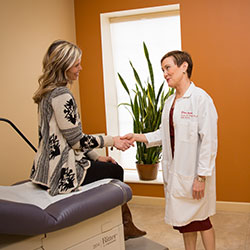
When should I seek help?
No woman should have to live with:
- The leakage of urine which:
- Prevents activities that you want to do
- Causes embarrassment
- Began or continued after a surgery
- Difficulty or the inability to urinate
- Urinary frequency that is not caused by a urinary tract infection
- Needing to rush to the bathroom and sometimes not making it
- Pain with urination
- Frequent bladder infections
- Feeling as if something is protruding from the vagina
- Difficult bowel movements
- Pelvic pressure or heaviness
What are the causes of leaking/incontinence?
- Urge incontinence/Overactive Bladder (OAB) - the inability to hold urine long enough to make it to the bathroom
- Stress urinary incontinence- incontinence when coughing, laughing, sneezing, running, or other things that put pressure on your bladder
- Incomplete bladder emptying - when the bladder chronically remains really full and stretched out - only a small amount of urine overflows from the bladder
- Recurrent urinary tract infections
an appointment
(304) 599-7075
